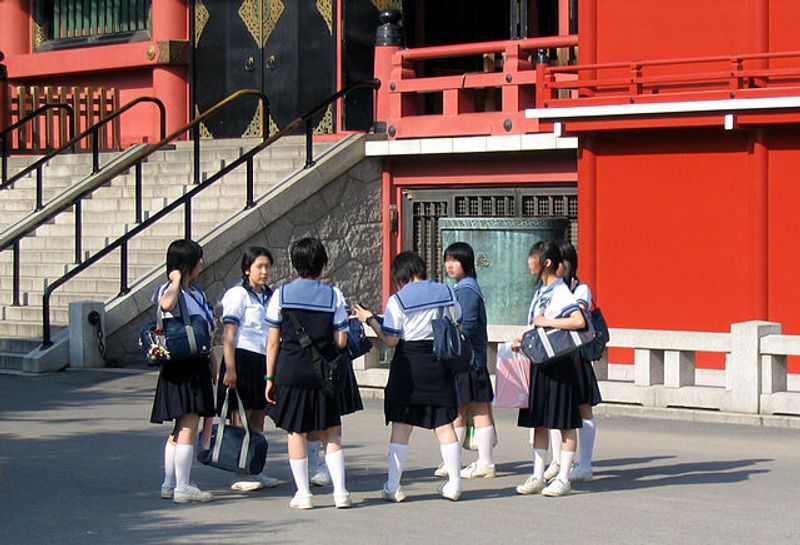Dec 13, 2021
Hot Topics ALTs encounter in Japan's schools

Photo, Gorgo
Whether you’re a JET Program ALT or CIR, dispatch ALT, or a private school teacher, a rookie or an old hand, there is always more to learn about the attitudes and practices in Japan’s schools. As a participant in elementary, junior high, and senior high school life, you have opportunities to get greater insight into what administrations and boards of education need, want, and expect. There are some hot topics that ALTs and non-Japanese teachers encounter in the schools.
Elementary-junior high school cooperation
The jump from elementary to junior high school lessons is challenging for any young teen anywhere in the world. Administrators and educators identify this as 小中連携 shochu renkei, the elementary and junior connection. Issues to address include relieving the anxiety of children, acknowledging the differences in focus between elementary school teacher generalists and junior high school subject teachers. To add to the shochu renkei challenge, the foreign language education program that started in Elementary Grades 5 and 6 in 2011 was made a compulsory subject for Elementary Grades 3 to 6.
ALTs who are assigned to both levels of education have a special insight and may, in cooperation with teachers, help students make the transition. A few years ago when I taught in a rural community, I was in regular contact with elementary and junior high English teachers. To ease the Grade 6 graduates’ transition, we did a letter-writing project - the graduates introduced themselves in a short letter to their new junior high school English teacher.
In-school Research
In other school systems such as Canada or the UK, teachers spend time on professional development by participating in seminars and coursework. This happens too, in Japan, but another significant professional development approach is Konnai jugyo kenkyu, in school research. Classrooms are opened to faculty and often community members followed by discussions on practices and problem-solving. Some schools cooperate with university researchers who examine the process and collect data while others work with school boards. Sometimes ALTs may be included in these activities.
One great experience I had was working with a homeroom teacher to demonstrate Task Based Language Teaching and getting feedback from the principal and school board administrators. Everybody got something out of the experience. Teachers, ALTs included, might wonder where to start and think it’s complicated, but here’s an article by a school principal about trouble-shooting the process.
GIGA School Program
Japan introduced the Global and Innovation Gateway for All (GIGA) School Program to provide Internet connections, digital devices, and online learning to schools across the country. The program is in its early stages, and teachers are learning along with their students how to take advantage of digital tools.
The private school I teach in now provides netbooks to all students which we frequently use for researching content for projects, using interactive tools, and submitting assignments. It's a bit chaotic as we're all still learning but the students figure out how to take advantage of the online resources. Sure, we have impromptu K-pop karaoke and dance sessions on breaks but there's a lot of learning happening, too.
English Achievement Testing
Whatever your attitude about standardized testing, it’s a significant part of Japan’s education system. To get started, you can get an overview by reading What’s on the test? One of the most widely used measures of English proficiency is Eiken. ALTs are often tasked with preparing students for the written and interview phases of this test format. More specifically, teaching writing is a big demand on ALTs and private high school teachers.



0 Comments